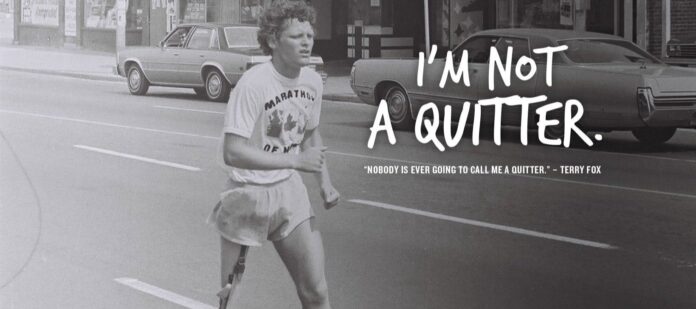Quite often in this country, and in many countries around the world, we tend to idolize certain people. Sure, there are actors and musicians and authors who are very adept at their respective crafts, but for me it raises a simple question ‑ what warrants fame?
If simply being good at one’s job was a reason to be famous, there would be far more famous people in the world. Have you ever had a proud moment at work, when you performed a task with great skill, or handled a tricky situation with utmost professionalism, and wondered for a fleeting moment how cool it would be if everyone in the world had seen it and saw how great you are? Average people seldom get recognized for what they do, but everyone does great things.
Most kids value fame. At some point or another, they dream of becoming movie stars or famous singers. Humans are attention‑seeking creatures. Attention fills our cup. So what happens when someone who never wanted to be famous gets famous anyway? Well, we like him even more.
The best part of Terry Fox’s legacy (no introduction needed) is that he wasn’t interested in fame. His own website still refers to him simply as “just a guy running across the country to collect money for cancer research”. This remains his description more than 40 years after his death and following decades of international recognition, streets named after him, and literally millions of people participating in events in his name. Forty years and $850 million later, “just a guy running across the country”.
It has been said that “Canadians prefer modest heroes”, and I think that is absolutely the case. Personally, I cannot overstate how much more respect I have for someone like Terry Fox than I do for any “famous YouTuber”. I hope that young kids today feel that same thing in their hearts. A respect for Terry Fox does not need to come solely from a respect for the global fight against cancer. Too often, people shirk responsibility for their own goals, their own happiness, and their own shortcomings. Terry Fox didn’t have wealth, fame, or extensive resources behind him. He simply made a decision to do all he could to help an important cause, and a more important decision never to quit. That attitude should be an inspiration for all Canadians.
One of the most striking things for me about the Terry Fox story is what became of the now‑iconic camper van. The Ford camper van that acted as a touring vehicle for the small Marathon of Hope crew on the road was actually loaned to Terry Fox by the Ford Motor Company. After Terry’s passing, it was returned to Ford, and subsequently owned by a few average families over the course of 20 years. It has since been found and restored, but I believe the simple fact that the vehicle spent decades in regular circulation exemplifies the Terry Fox movement perfectly. It was never about fame and glory ‑ that vehicle was simply a tool as part of an important endeavor. Nobody stopped to think, “holy cow, this is a rare and valuable artifact” in the years after Terry’s passing. It was just a van.
Terry Fox has a true legacy to his name. Perhaps the type of legacy most worthy of glory and fame is the legacy of those who never wanted glory and fame.
Upcoming “Terry Fox Run”
This year’s official Terry Fox Run will take place on September 17. Schools and individual organizations often organize their own fundraising events and schedules for these events. The Terry Fox Run began over 40 years ago after Terry Fox endeavored to run the entire way across Canada in 1980 to raise awareness about cancer and to raise money for cancer research after a battle with cancer that cost him most of his right leg.
Terry was from Port Coquitlam, BC, and he began his journey by dipping his leg in the Atlantic Ocean on Canada’s East Coast on April 12, 1980, with the goal of running all the way home. Terry’s journey was tragically cut short on September 1, 1980 in Thunder Bay, after running a remarkable 5,373 kilometres. His cancer had returned ‑ this time to his lungs ‑ and on June 28, 1981, Terry passed away, but not before insisting that his Run and the fight against cancer must continue.
Supervised by the Terry Fox Foundation, the Run has raised over $850 million in Terry’s name to fund cancer research, with the amount increasing every year. Events are held both in Canada and internationally, with money being raised in other countries usually used to fund research in the host country.
Those interested in learning more about Terry Fox and his legacy can visit https://terryfox.org.






